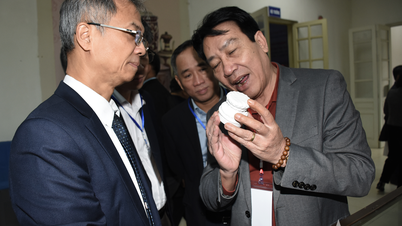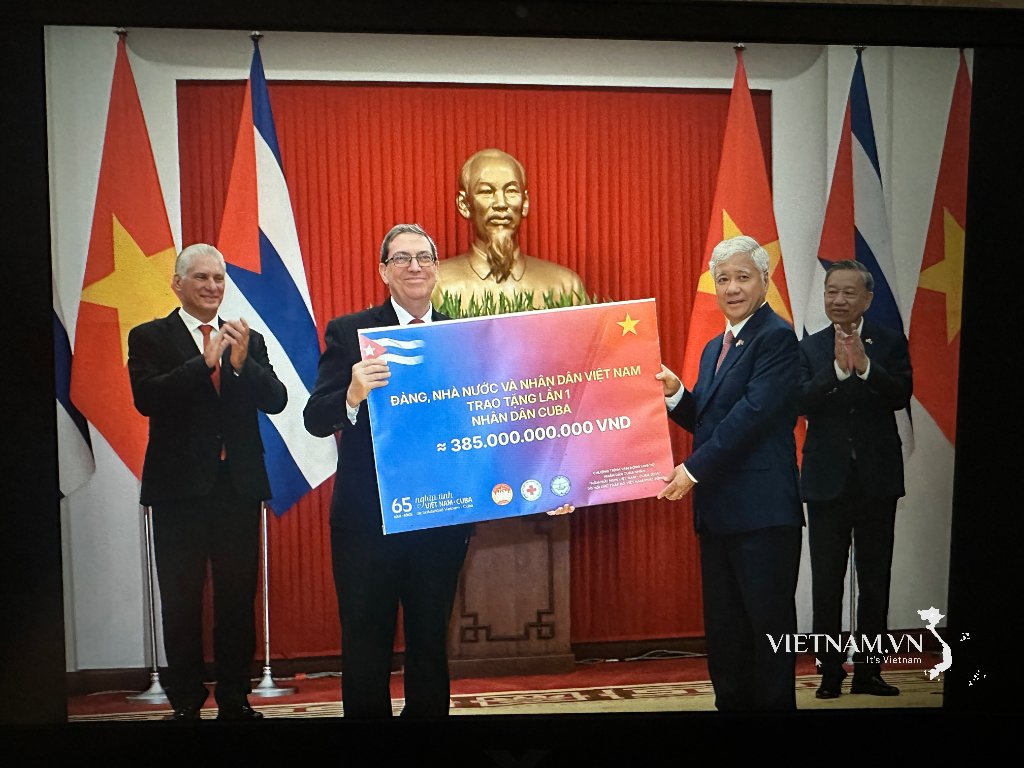In an effort to expedite the handling of the migrant crisis that is putting pressure on the economy , security, and society, the German Federal Parliament has just approved several landmark reforms, including the issuance of payment cards to migrants and refugees.
Accordingly, in the near future, refugees in Germany will receive living allowances from the states via payment cards instead of cash as they do now. German Interior Minister Nancy Faeser said that payment cards can be used to purchase goods and services in daily life. However, cross-border money transfers and payments will not be possible. Cash withdrawals will be restricted, taking into account specific cases and local circumstances. This regulation will be applied uniformly throughout Germany. Currently, there are more than 3 million refugees in Germany.
The burden of migrants is straining the resources of the German local public sector. Local officials complain of not being able to secure housing for refugees and lacking the personnel to handle the issues related to the more than 250,000 asylum seekers who arrived in the country in 2023. In this context, states and cities have pressured the government for funding to ensure adequate housing for the currently overcrowded refugees, as well as care and support for their integration.
The implementation of reform policies to address the migrant crisis is expected to bring about improvements in the near future. However, to significantly reduce illegal migration, the German government believes that a common European asylum system is still needed, in which the external borders of the European Union (EU) must be strictly controlled.
Germany is also facing pressure to implement tougher measures under a hard-won agreement that EU countries reached last October and is awaiting approval from the European Parliament. This is the EU Treaty on Migration and Asylum, which includes provisions to ease the burden on frontline countries responding to migration flows, such as Germany.
THANH HANG
Source

















































































































Comment (0)